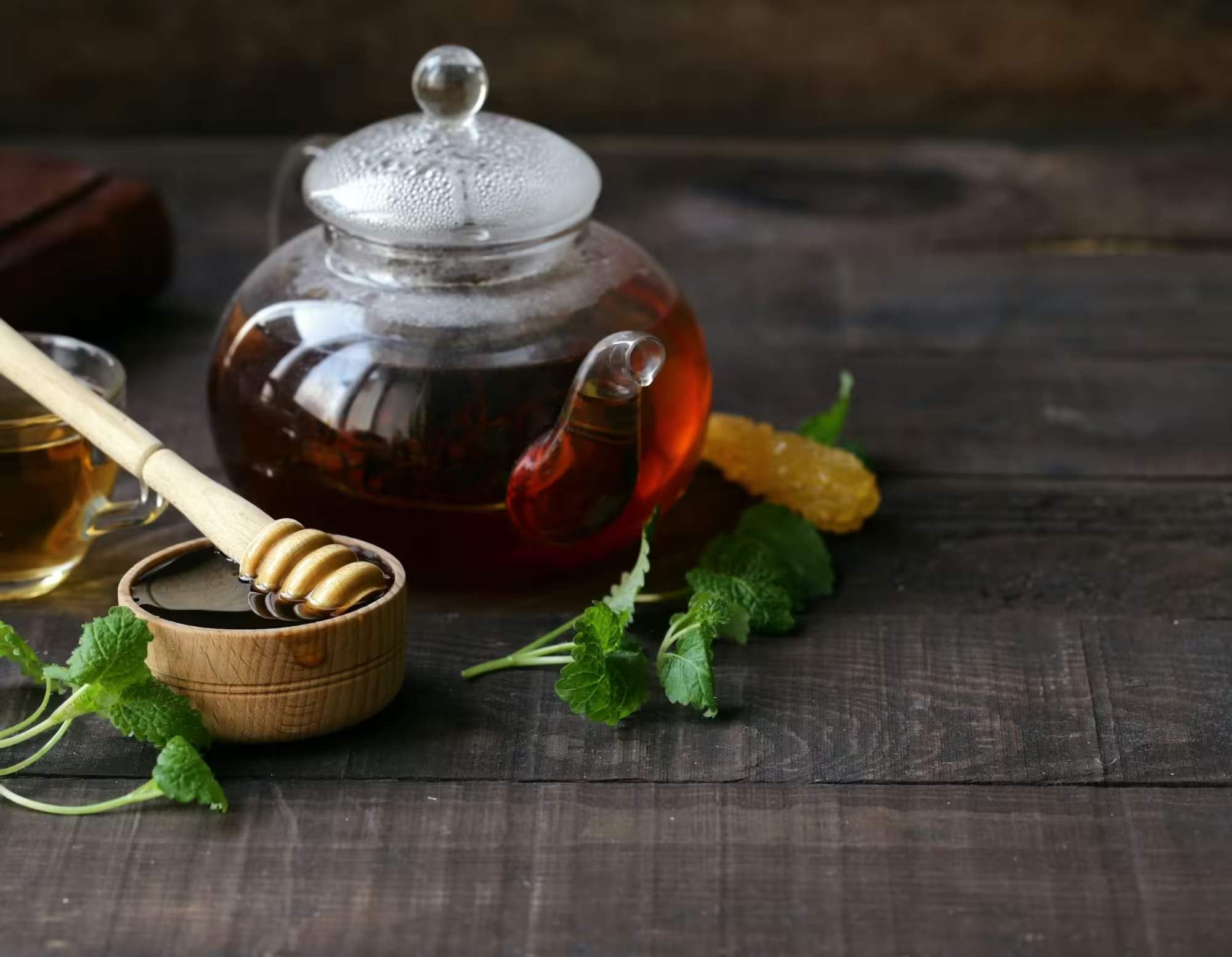
How Tea Can Help Reduce Stress and Anxiety
In today’s fast-paced world, stress and anxiety are common issues that many people face. While there are various ways to manage these conditions, drinking tea is a simple and natural […]
 play_arrow
play_arrow
The Ultimate Guide to Tea Brewing Mr. Tea Talk
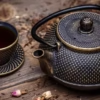 play_arrow
play_arrow
A Comprehensive Review of 3 Must-Have Tea Products on Amazon Mr. Tea Talk
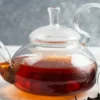 play_arrow
play_arrow
The Ultimate Guide to the Best Tea Essentials on Amazon: Kettles and Teapots You’ll Love Mr. Tea Talk
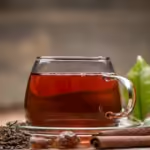 play_arrow
play_arrow
The Best Teapots for Tea Lovers: Silver vs. Borosilicate Glass Mr. Tea Talk
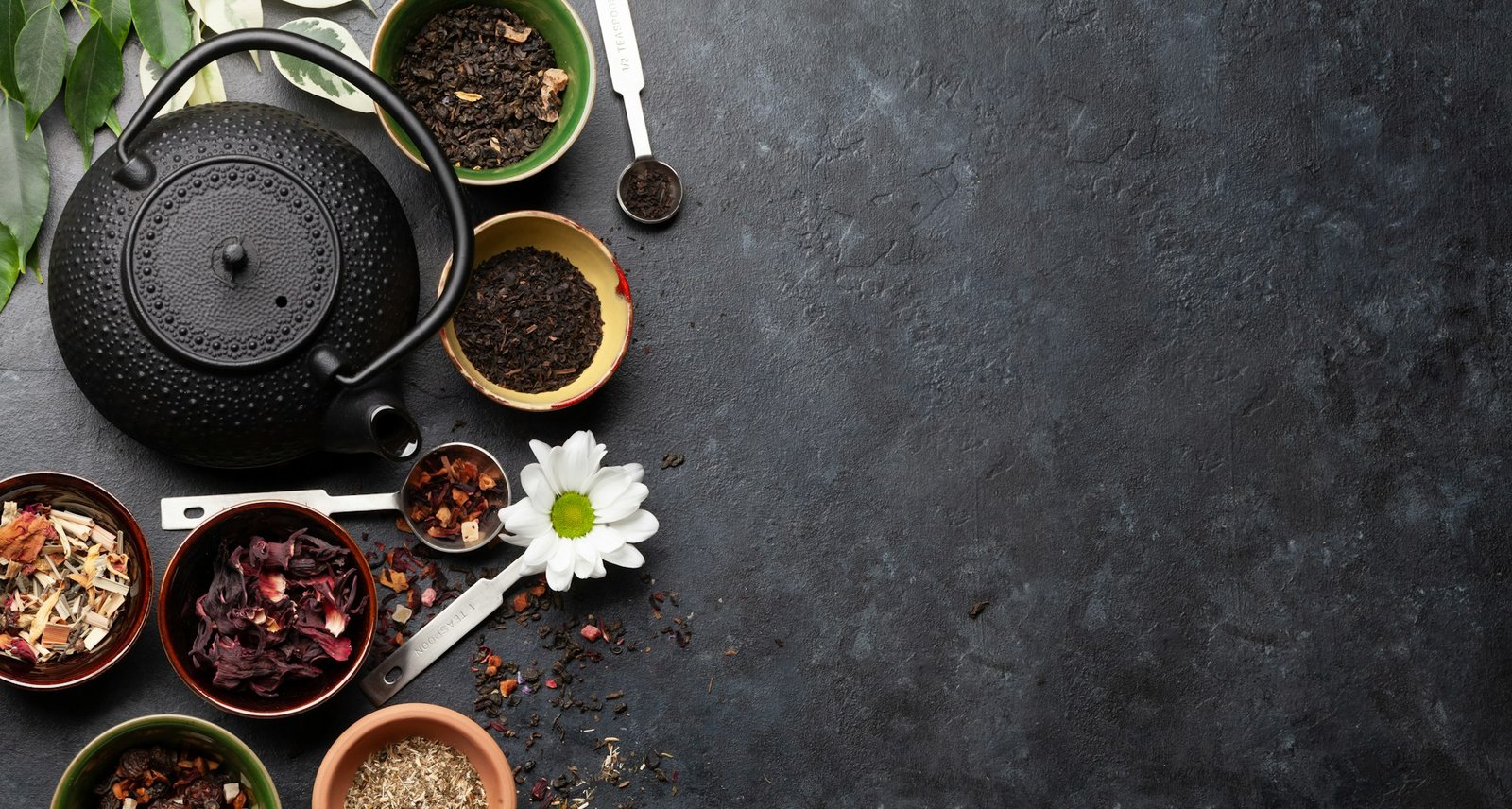
 play_arrow
play_arrow
Understanding Tea Types and Benefits of Drinking Tea Mr. Tea Talk
Tea has been cherished for centuries, not only for its refreshing taste but also for its numerous health benefits. From boosting antioxidants to potentially improving heart health and aiding digestion, tea offers a natural way to enhance overall wellness. This blog post delves into the diverse benefits of tea, highlighting different types and their potential contributions to a healthier lifestyle.
Tea originates from the Camellia sinensis plant and is categorized into several types based on processing methods:
Tea originates from the Camellia sinensis plant and is categorized into several types based on processing methods. Each type of tea offers unique flavors, aromas, and health benefits, thanks to its distinctive components. Here, we delve into the different types of tea and their key components:
Green tea is minimally processed, preserving its natural antioxidants and beneficial polyphenols. It’s known for its slightly bitter taste and light green color. Key components include:
Green tea’s processing involves steaming or pan-firing the leaves shortly after picking to prevent oxidation, which helps retain its green color and delicate flavor.
Black tea undergoes full oxidation, giving it a robust flavor and dark color. It’s rich in flavonoids, which are beneficial plant compounds. Key components include:
The processing of black tea involves withering, rolling, and fully oxidizing the leaves, resulting in a tea with a more robust flavor and higher caffeine content compared to green tea.
Oolong tea is partially oxidized, falling between green and black tea in terms of flavor and color. It offers a balance of flavors and aromas, with components similar to both green and black teas. Key components include:
Oolong tea’s processing involves withering, bruising, partial oxidation, and then firing, which creates a diverse range of flavors depending on the level of oxidation.
White tea is minimally processed, made from young tea leaves and buds. It has a delicate flavor and light color, retaining high levels of antioxidants such as catechins and polyphenols. Key components include:
The minimal processing of white tea, which involves simply drying the young leaves and buds, helps preserve its natural compounds and delicate flavor.
Herbal teas, such as chamomile, peppermint, and rooibos, are not technically teas as they do not come from the Camellia sinensis plant. Instead, they are infusions made from herbs, flowers, fruits, or spices. Each herbal tea offers unique flavors and potential health benefits:
Each herbal tea has its own preparation methods and health benefits, making them a versatile and beneficial addition to any tea repertoire.
“Understanding the different types of tea and their components allows you to appreciate the diverse flavors, aromas, and health benefits that each variety offers. From the minimally processed green and white teas to the fully oxidized black and partially oxidized oolong teas, each type has unique characteristics and health-promoting properties. Herbal teas, though not derived from the Camellia sinensis plant, provide a wide array of flavors and health benefits, making them a valuable addition to your tea collection. Whether you are seeking a calming cup of chamomile or an invigorating brew of green tea, there is a perfect tea for every occasion and preference.”
Tea, especially green and white teas, contains high levels of antioxidants that combat free radicals. These antioxidants help protect cells from damage, potentially lowering the risk of chronic diseases.
Several studies suggest that regular tea consumption, particularly green and black teas, may contribute to heart health:
Green tea, in particular, has been studied for its potential role in weight management:
Tea contains L-theanine, an amino acid that may have calming effects and promote relaxation without causing drowsiness:
Certain herbal teas, like peppermint and ginger teas, are known for their digestive benefits:
Tea is an excellent way to stay hydrated, providing a flavorful alternative to water. Hydration is essential for overall health, supporting bodily functions and promoting skin health.
To get the most out of your tea, follow these brewing tips:
Helps for high-quality loose leaf teas or tea bags from reputable sources. Quality tea ensures that you receive maximum flavor and health benefits from your brew.
Make tea drinking a daily ritual:
Tea is more than just a beverage; it’s a natural source of health-promoting antioxidants, flavonoids, and other beneficial compounds. Whether you prefer the brisk taste of black tea, the delicate notes of green tea, or the soothing properties of herbal infusions, there’s a tea variety to suit every palate and preference. By incorporating tea into your daily routine and savoring its flavors and health benefits, you can enhance your overall wellness and enjoy a moment of tranquility in your busy day.
So, brew yourself a cup of tea, explore its diverse flavors and benefits, and toast to a healthier, happier you with every sip. Cheers to tea and its journey through centuries as a beloved elixir of health and well-being!
Tagged as: Health Benefits of Tea, Tea Drinking Benefits, Tea Types.

In today’s fast-paced world, stress and anxiety are common issues that many people face. While there are various ways to manage these conditions, drinking tea is a simple and natural […]
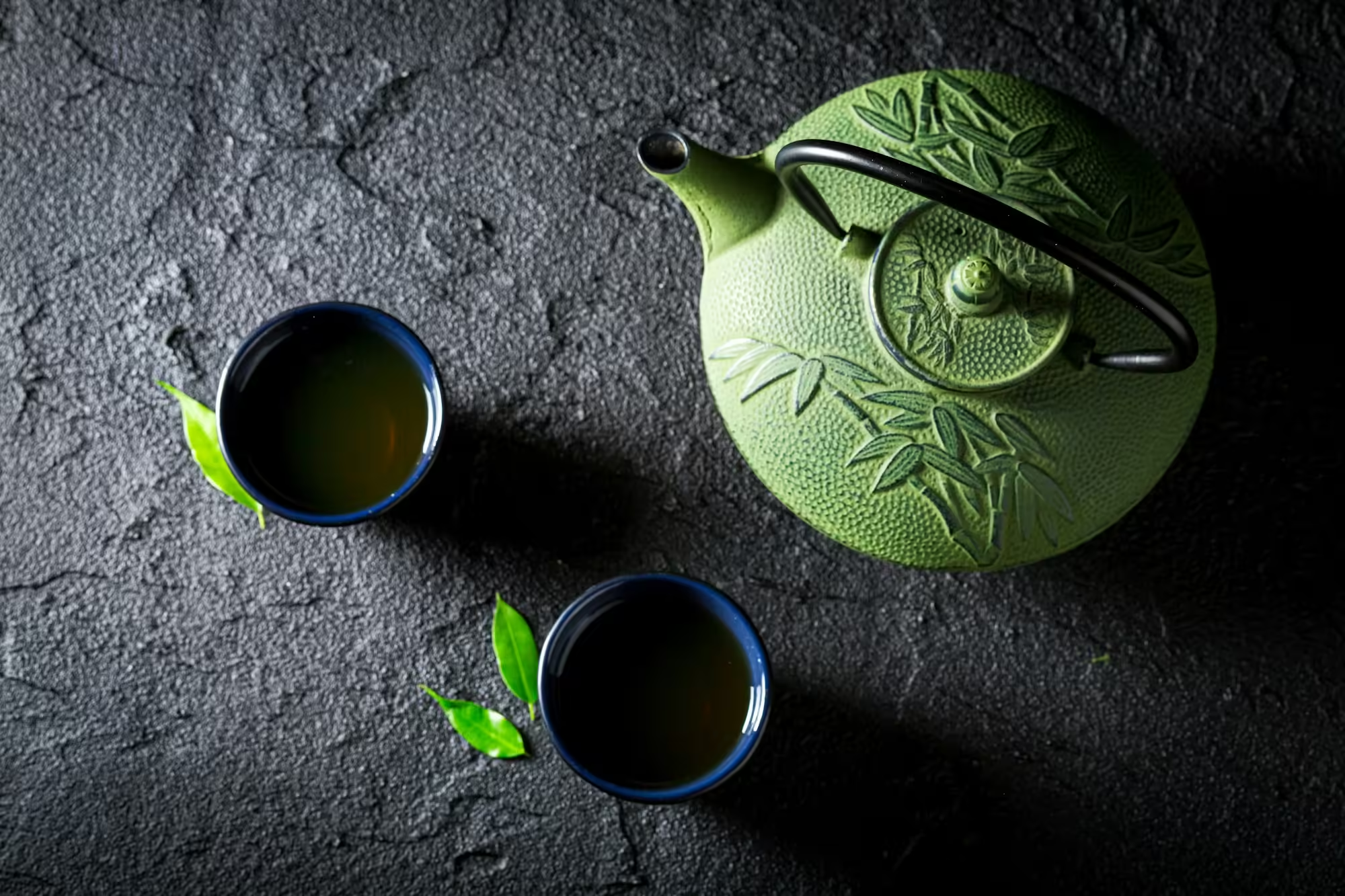
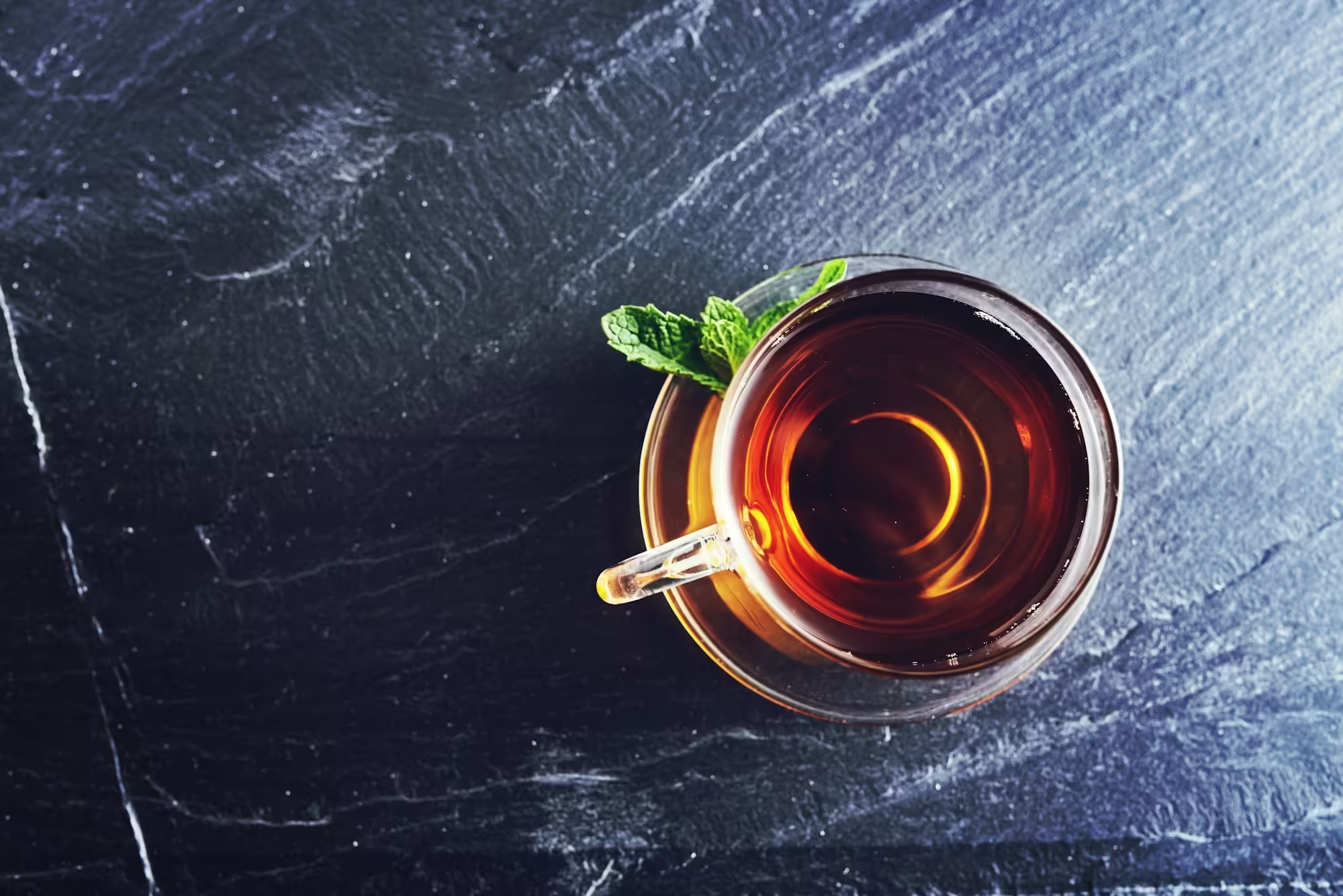
Copyright | Ceylon Wild Tea - All Rights Reserved | 2025
Post comments
This post currently has no comments.